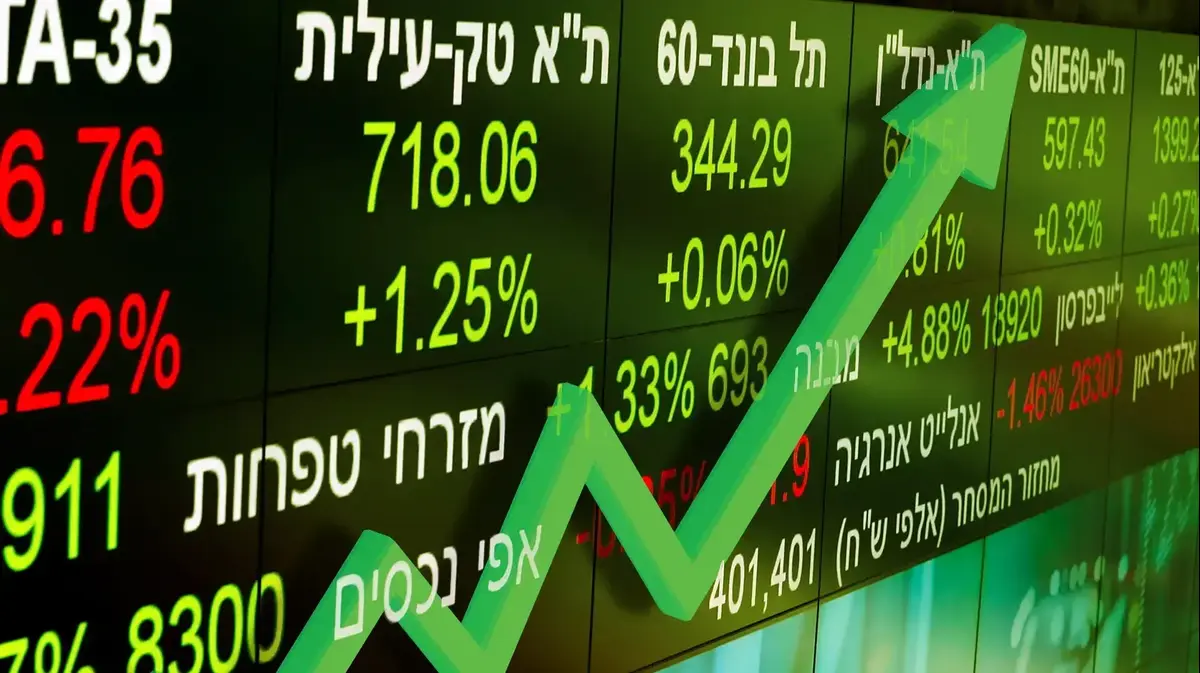Keynote CEO Moe Levin, an investor in start-ups, speaks at the annual bitcoin conference, held this month in Miami, Florida.JOE RAEDLE (AFP)
The bitcoin winter is leaving investor sentiment below zero. The cryptocurrency began November touching historical highs close to 70,000 dollars, and ends January with its price in half, weighed down by the greater risk aversion derived from the upcoming interest rate hikes in the United States, and above all, by the announcements of new restrictions on mining in Russia, one of the epicenters of this activity, essential to keep the price of the digital currency afloat.
The painful evolution of its price, well below the behavior of the stock markets in the last three months, is demolishing some of the myths spread by its supporters: bitcoin is not being a safe haven against high inflation, nor is its ability to resisting turbulence resembles what one would expect from a new digital gold, as it has come to be called.
Behind the crash there are several reasons. Every new hint of an acceleration in the rate hike schedule by the US Federal Reserve has been met with downturns. And last week the Russian central bank called for a ban on bitcoin mining, proposing to ban
exchange
activity and prevent financial institutions from trading cryptocurrencies. They consider them to be a threat to their monetary sovereignty and the financial stability of the country and its citizens due to their potential to generate bubbles, and they are concerned about their adverse environmental effects – mining uses a huge amount of energy. Instead, the possession of cryptocurrencies would be free from the veto.
Such a decision by Russia would not be harmless. It is the third country where more mining is carried out, only behind the US and Kazakhstan. And in this last country the news is not positive either: the protests over the rise in fuel prices in this huge Central Asian state culminated in the complete shutdown of the Internet to prevent the protesters from transmitting the violent repression unleashed by the Government, which left to miners without connection, and, therefore, with hardly any options to continue their work in a nation that until now was considered a sanctuary for cryptocurrencies due to the low price of energy.
Regulatory pressure is increasingly cornering bitcoin. In May, China banned cryptocurrency transactions, making mining and even advertising of such currencies illegal. Kazakhstan, due to its geographical proximity, then filled a large part of the void left by Beijing's restrictions, but the convulsive internal political situation is making it lose its appeal, and Nayub Bukele, president of El Salvador —the first nation in the world to incorporate a cryptocurrency such as legal currency—he already fantasizes about the idea of taking his place and turning his country into the great world laboratory of cryptocurrencies.
With the price hovering around 33,000 dollars compared to the 69,000 it touched, images of bears —the animal that represents a downward trend in the markets— populate the forums and WhatsApp groups of investors, who are torn between selling everything in in the midst of the storm or keep your wallet waiting for better times. Optimists pull from history to find precedents to cling to. Between April and July of last year, bitcoin also lost half its value in just three months, and ended up recovering. But no one knows where the bottom will be this time, nor is there any certainty that the pattern will repeat itself.
The crypto
ecosystem
goes far beyond bitcoin. The prices of almost 20,000 digital currencies move every day in the market. And although some have managed to escape the turbulence, the falls are widespread. Ethereum, the second most important, has also lost more than 50% of its value. And according to data from CoinMarketCap, only five of the top 200 are not in the red in the last seven days.
Institutional investors, who have been progressively joining the fever for bitcoin, are also being penalized: the American
software
firm MicroStrategy, one of the companies that has bet the most on bitcoin, loses 38% of its value on the stock market in the last month.
The manufacturer of electric cars Tesla, which dedicated part of its surplus cash to buy bitcoins, and even flirts with the idea of accepting it as a means of payment to acquire its vehicles, has not escaped this trend either, although in its case the exposure is not so big compared to its size: Elon Musk's company invested 1,250 million euros.

/cloudfront-eu-central-1.images.arcpublishing.com/prisa/UEHURLTS7EWQU7SZLM5X6RO6MU.jpg)
/cloudfront-eu-central-1.images.arcpublishing.com/prisa/QLZQABDBZ5HQNGMWYSXWPVJXMY.JPG)






